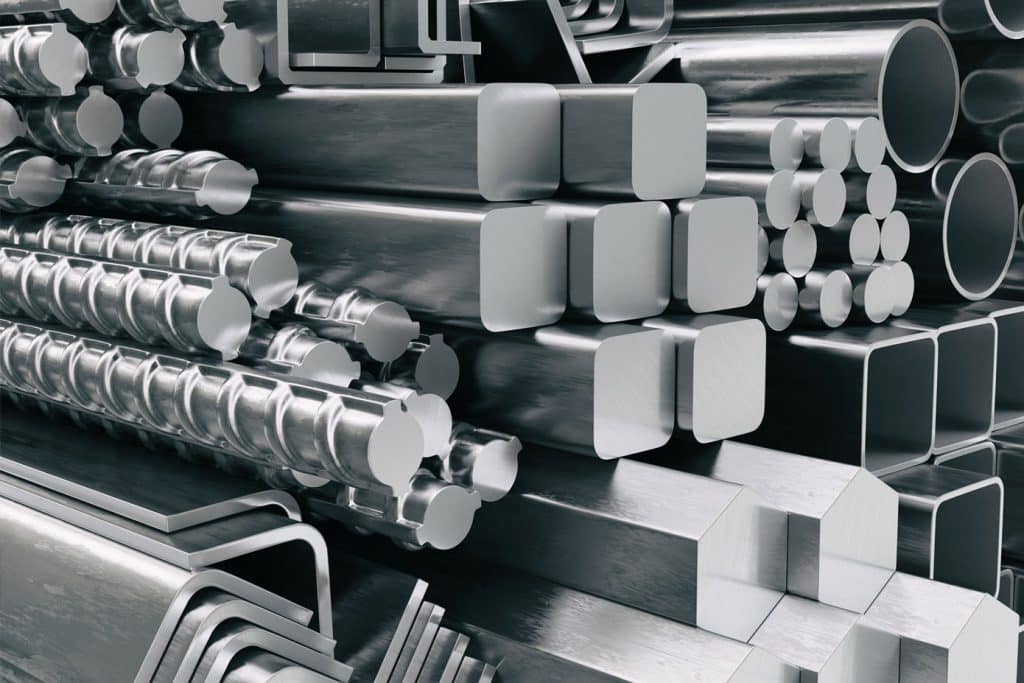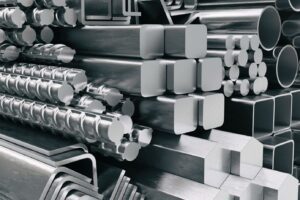One of the most miraculous materials in the cosmos, formed in the very hearts of dying stars then released into the universe when those same stars end their lives, usually with an incredibly large bang, releasing those precious elements into the galaxy to find their ways into new worlds. Metal does everything from helping to bind the universe together to making the perfect gutter.
At Selmach we design, craft and build machines to help you manipulate, form and reform metals, with that in mind and in no particular order, here are ten facts about metal that, if they don’t blow your collective socks off, will certainly help to pass your morning break and impress your colleagues.
Thank us later, here we go:
It’s all Greek to me!
The word ‘metal’ derives from the Greek word ‘metallon’ meaning to mine, quarry or excavate.
Steel and iron expand when heated
Yes, we know that’s quite a basic fact that you probably already knew, but did you know that, because of this fact of physics The Eifel Tower grows by six inches during the warmer summer months?
Iron is vital for life
It helps our blood to carry oxygen around our bodies and forms our planet’s iron-rich inner and outer cores as well as being present in the earth’s crust. We have been smelting it since 5000BC.
Where there’s muck…
There is often brass, quite literally. In door knobs, handrails and handles brass is a commonly used material as it has naturally antibacterial properties. Although we do still recommend you wash your hands regularly.
Conductivity
Electrical conductivity to be exact is a common property of all metals, but some are far better conductors than others. While metals such as copper are excellent conductors, aluminium and titanium are relatively poor. The undisputed king of conductors however is silver.
Solid (?) metal
Our experience of metals is limited due to the temperatures and atmospheric pressure we live with daily and rarely even notice on our planet. This means most metals on earth are solid with two notable exceptions; mercury for example exists as a liquid at ordinary room temperature, whereas gallium can melt in the palms of our hands.
Nobility
Metals that don’t oxidise or corrode in moist air are referred to as noble metals. Platinum, silver and gold are the most notable examples.
Melting points
Some are higher than others, and some are incredibly high. Tungsten for example has the highest melting point of any metal of 3422°C while the lowest is mercury which we rarely see as a solid due to its incredibly low melting point of -38.8°C
Galvanisation
Metal is useful but prone to oxidisation or rusting, to combat this a process known as galvanizing coats the metal in a layer of zinc, forming a barrier against the elements. Zinc is a transition metal which is highly resistant to corrosion.
A changing industry
The metal industries, particularly steel production are very big business practically everywhere in the world. The top three steel producing countries in 2017 were China, then Japan and India respectively with the European Union being one of the largest importers.
So…there we have it, a few fascinating facts about the material on which our industry depends. What are you waiting for? Go and show off your new-found knowledge it might just get you an invite in to your works pub quiz team!
For more facts, snippets of metal-related knowledge and anything else you need to know, feel free to get in touch with us any time!
Published 30th September 2018


